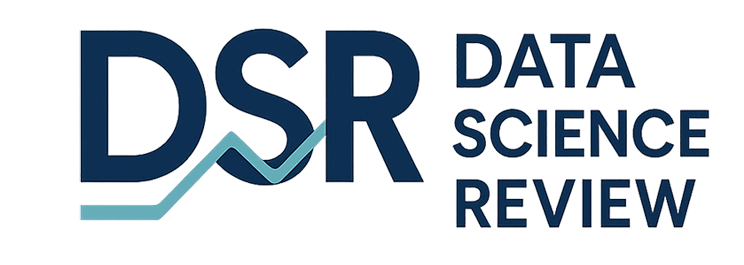Data science is undoubtedly a vast field. Stating that you are a data scientist will mean different things to different people. Then, how do you know what to concentrate on? That is the topic of discussion today, and I have a great trick for you on how to go about it!

Skills to Learn
Here is a list of skills (by no means exhaustive) that many will tell you are necessary when becoming a data scientist:
You could obviously come up with several other skills. These are just to get you started with the topic.
When you start doing data science, you will concentrate on some of the areas more than others. This increases the challenge in knowing what to concentrate on.
Learn Everything you Can
This isn't the one trick of the title, by the way. I'll get to that later. But, you should always be in learning mode as a data scientist. If you came to the field as a computer programmer, you already know what this is about. Just multiply your efforts by about twenty!
Coding Is Only Part of the Equation
Hey, I get it! I am a coder. I have 25+ years' experience in computer programming. I know coding is important to the data science field. However, too many people put too much effort into this at the expense of the other skills. You need to become much more analytic than you were as a coder. You need to position yourself to the operations of the business more than ever.
When you were strictly a coder, you usually worked on a subset of the business processes the system was responsible for mapping. You did have to have some understanding of the overall business to know how your modules fitted in. But, your project lead or project manager handled the coordination, so your knowledge of other areas was at a cursory level.
Become a Guru or Subject-Matter Expert (SME)
As a data scientist, you will need to have a much deeper understanding of the business. You will need to immerse yourself and become as knowledge (if not more) as the person responsible for the business area you are concentrating on. You will need to become one with this person. Otherwise, you cannot provide the needed insight from the data. You will be lost without that SME knowledge.

Of course, all this depends on the amount of time you have and the projects you are working on. You won't become an expert in a few weeks. Even after several months, it's not likely you will know all you need to know. This is part of the dilemma of data science.
The One Trick on How to Proceed with Data Science
I admit to being intimidated by this trick before I discovered it. When I tell you what it is, you will think it is so obvious that you should have thought of it yourself (and maybe you did). But, it bears repeating if you did hear about it.
Here is the trick:
Subscribe to RSS feeds or email alerts from job boards that specialize in data science.

Review the employment reqs everyday. This is not optional. You can even do some text mining on the listings to find the skills sets most asked for. This can be a good exercise that you can add to your portfolio. It's a real world usage of one of the techniques you will need to learn.
I admit when I first started, I was intimidated when doing this trick. I was overwhelmed by the amount of knowledge that I didn't have. Then, after a while, I pushed through that barrier because by not doing it, I was holding myself back in learning what I needed to learn.
Remember, what seems insurmountable today will be a cakewalk in the future, assuming you are willing to put in the work!
Remember, what seems insurmountable today will be a cakewalk in the future, assuming you are willing to put in the work!
There is simply no better way to know what you need to learn then by reading the specifications of what employers are requiring. Don't let it discourage you if you feel overwhelmed. Get past that point and just write down the skills you need to learn. Then, set up a program for yourself to learn it.

